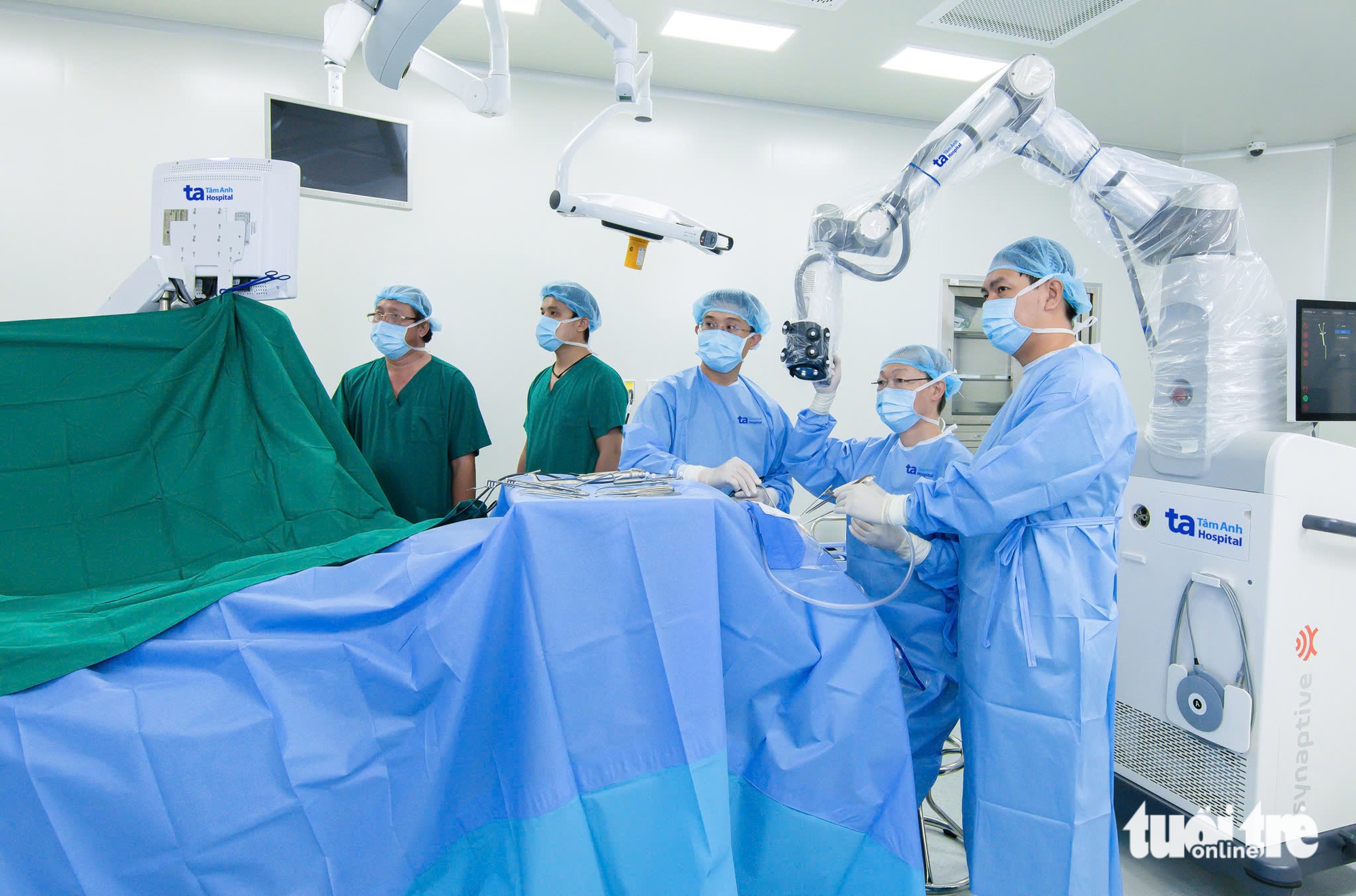Below, fitness trainer Ellen Thompson, working at Blink Fitness Blink Fitness (USA), shares many advantages of walking after meals.
Practicing a variety of good habits can add years to your life and help you avoid many chronic diseases, says Thompson. So do yourself a favor and start standing up after lunch and dinner. Here are the benefits of taking a 10-minute walk after meals.

After a hearty dinner, you might find a favorite corner to sit and relax with your favorite movie or surf your phone.
Improve digestion
Walking aids digestion by promoting the movement of food through the digestive system. It helps prevent indigestion and bloating by stimulating the muscles of the digestive tract, explains Thompson.
Regulate blood sugar
Research published in the medical journal Sports Medicine found that taking a short walk after eating can lower blood sugar levels and reduce the risk of type 2 diabetes.
Walking after a meal can help lower blood sugar levels by increasing the uptake of sugar into the muscles, which is especially beneficial for people with diabetes, says Thompson.
Weight management
Research published in the International Journal of General Medicine found that walking immediately after a meal is better for weight loss than walking an hour after a meal.
Regular short walks, especially after meals, help burn calories, says Thompson. Over time, this can help control weight and prevent weight gain from being sedentary.

But did you know that taking 10 minutes to walk after a meal has many health benefits?
Improve cardiovascular health
Walking improves blood circulation and strengthens the heart. After meals, it helps regulate blood pressure and reduces the risk of cardiovascular disease, says Thompson.
Improve mood and overall health
Physical activity, even for a short period of time, releases endorphins, the “happy hormones,” says Thompson. A short walk after a meal can help relieve stress, improve mood, and improve overall mental health.
Helps sleep better
Regular physical activity, including a short walk after meals, can contribute to improved sleep quality, Thompson says. It helps regulate circadian rhythms and promotes a better night's sleep.
However, Thompson also emphasizes that regular physical activity throughout the day is essential for overall health. Aim for at least 150 minutes of moderate-intensity exercise each week, according to Eat This, Not That.
Source link









































Comment (0)